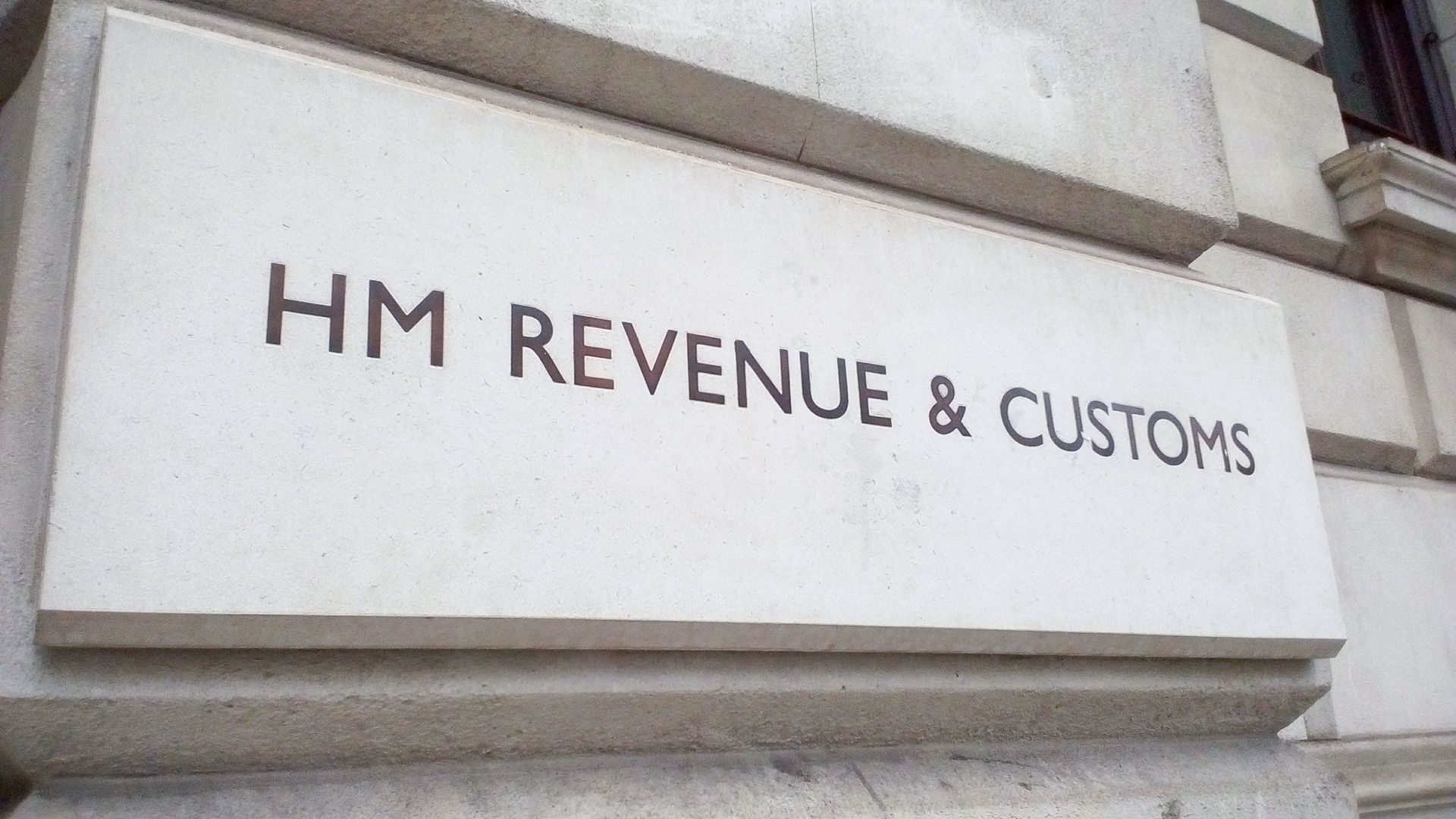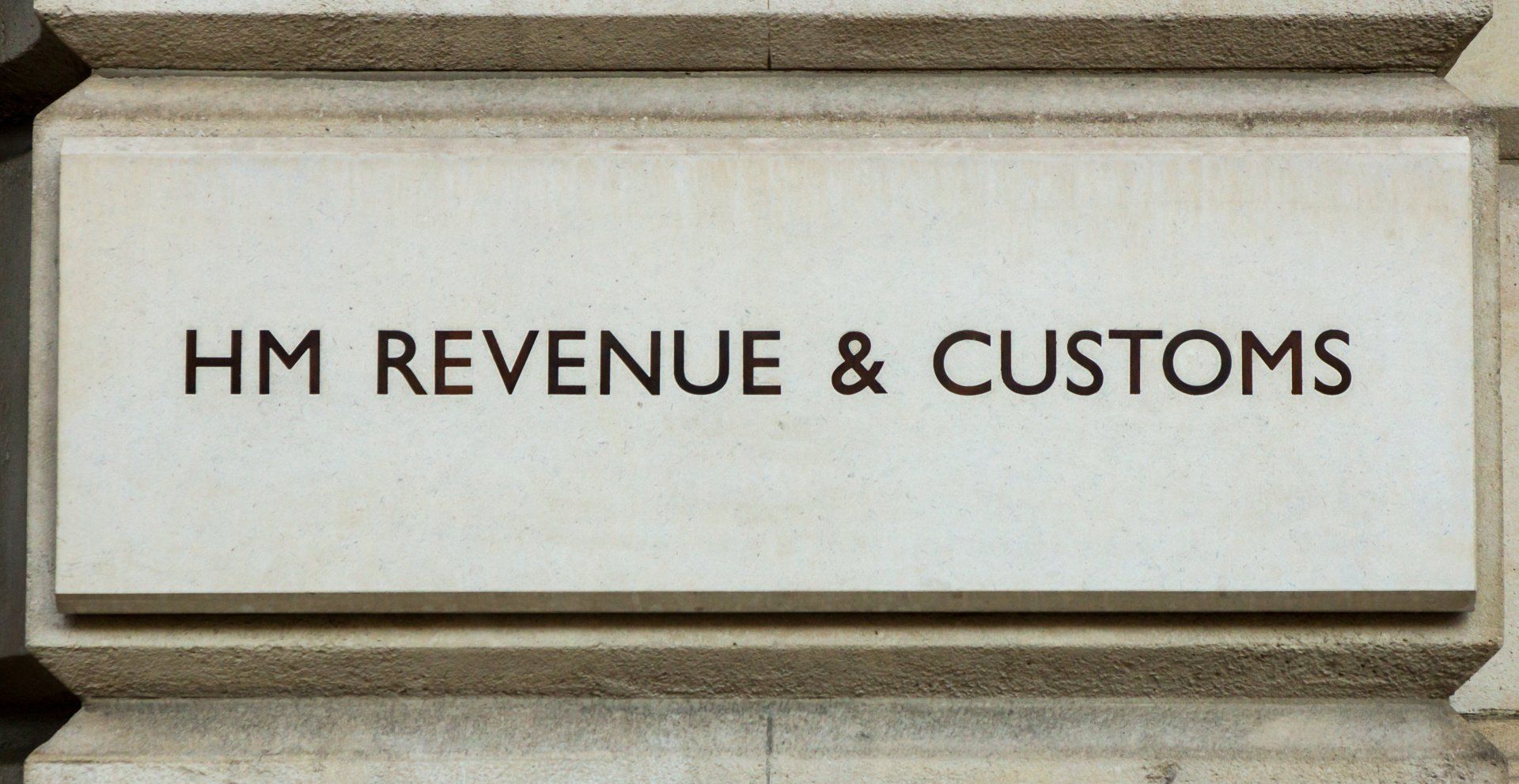Directors using Trusts & The General Anti Abuse Rule
The General Anti Abuse Rule (GAAR) advisory panel has issued a ruling setting out its views on abuse of employee reward arrangements through trusts where loans are used to avoid income tax.
The opinion covers employee reward arrangements including contributions to a trust, a loan agreement under which the employee loans money to the manager of the trust and loans from the manager of the trust to the employee.
The GAAR advisory panel’s opinion states that entering into and carrying out the tax arrangements is not a reasonable course of action in relation to the relevant tax provisions.
To set out the facts, the company was incorporated in 2014, when X and Y were appointed directors and each held 50% of the share capital. The company’s business was software provision and development. The trust in question was set up separately on 15 December 2011, by settling the sum of £100 with an overseas resident company. The classes of beneficiary under the trust were individuals (providers) who provided finance to the founder, the trustee or any manager of the trust fund; and relatives of those providers.
From May 2016, the owners of the company started making payments into the trust which amounted to £152,500 by August 2016. The directors X and Y then applied for a loan from the trust. The loans of £2,700 (described as ‘deep discount’) carried interest at LIBOR plus 2% and were not payable for 10 years. A further 13 loans were taken out from the trust with each director borrowing £68,625. Smaller loans were subsequently taken out and then the company claimed a corporation tax deduction of £152,500 in the accounting period to 30 September 2016 and of £50,700 in the accounting period to 30 September 2017.
Meanwhile funds were made available to X and Y in a way that did not carry any liability to income tax or NICs. Assuming that these funds derived from the profits of the company, they could have been paid to them as salaries (subject to income tax via PAYE and NICs) or dividends (subject to income tax).
HMRC did not expect that the loans would be repaid, contending that the arrangements are ineffective and that the result should be that amounts contributed by the company to the trust, which were then made available to X and Y by way of loans, should instead be regarded as payments subject to PAYE and NICs. This would mean PAYE and NICs applying to the total payments, over the two periods, of £203,200.
The GAAR advisory panel ruling stated: ‘8.2 In our view, the arrangements as a whole are contrived and abnormal and appear to us to serve no purpose other than to avoid tax. Had it not been desired to obtain a tax deduction for the company without any tax on the funds received by the individual much simpler means of extracting value could have been adopted.’

Book an Appointment Today
Message Us Now
We will get back to you as soon as possible.
Please try again later.
Our Location
© 2020 All Rights Reserved | Longden & Co Ltd | Registered in England & Wales, Registered number 06710813 | Website by Infoserve | Privacy & Cookie Policy












